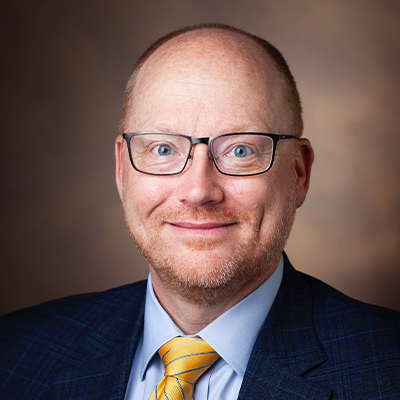September 7, 2022

I wish I had been a communications major during college. I simply had no idea that effective communication was one of the most critical elements of being a physician. We see this in so many ways: How do I establish a tone, in just the first few minutes of a patient encounter, that will engender trust? How do I compassionately, yet clearly, communicate bad news? How do I provide consultative advice in a manner that is honoring to the requesting provider?
In a time where the cacophony of voices through social media and other outlets threaten to undermine clear, thoughtful, and accurate communication, let us recommit ourselves to honing this aspect of our craft.
How can we communicate scientific truths in a winsome, compelling manner, even to the skeptic? How can we engage with those who think differently than us in a mutually edifying and not overly confrontational way? How do we encourage people that there really aren’t government-sanctioned tracking devices in the COVID-19 vaccines?
How should we do this? I offer three suggestions:
The master clinician Sir William Osler asked his students to do four things: “Observe, record, tabulate, and communicate.” As we encourage our patients, colleagues, and friends to receive their annual influenza vaccines and their BA.4/BA.5-based COVID-19 booster doses, let us do so in the confidence of what our observations have taught us and with the humility that often accompanies thoughtful communicators.